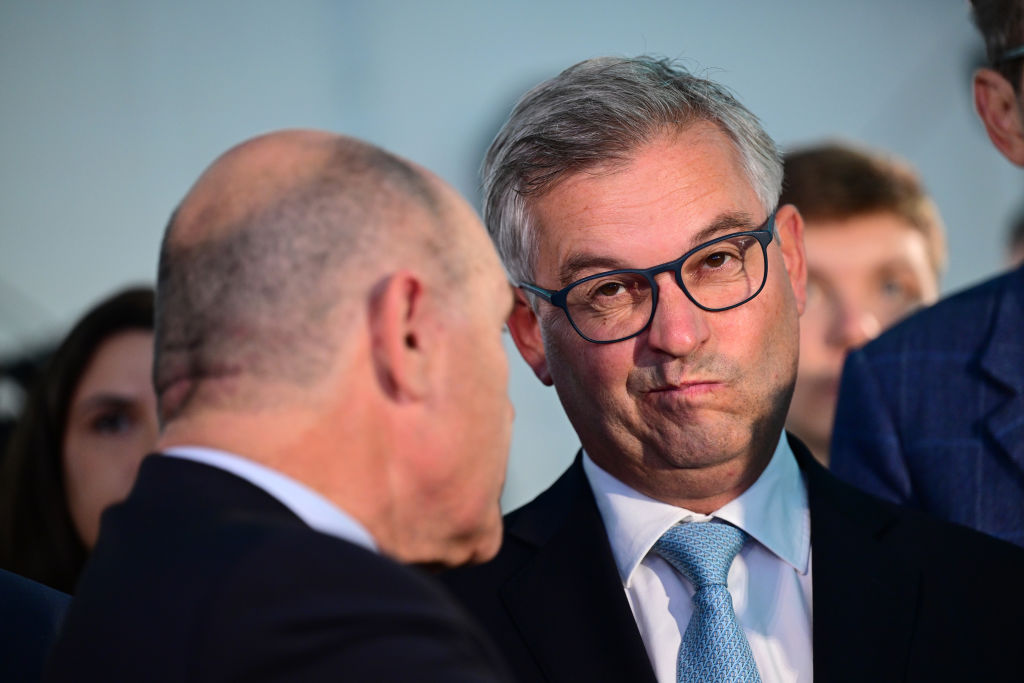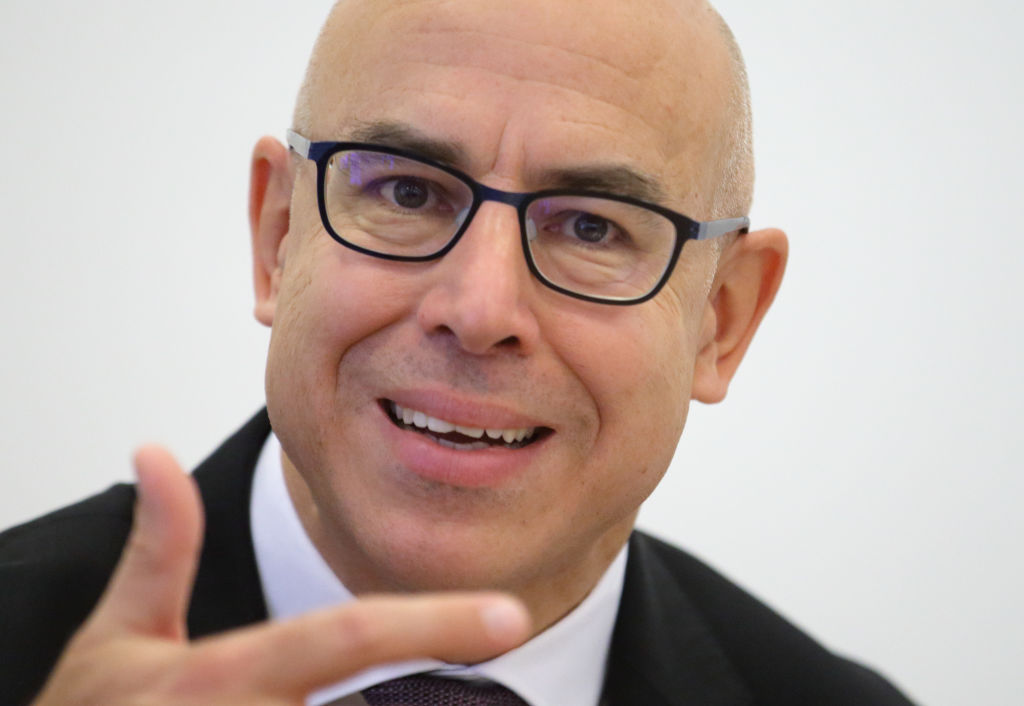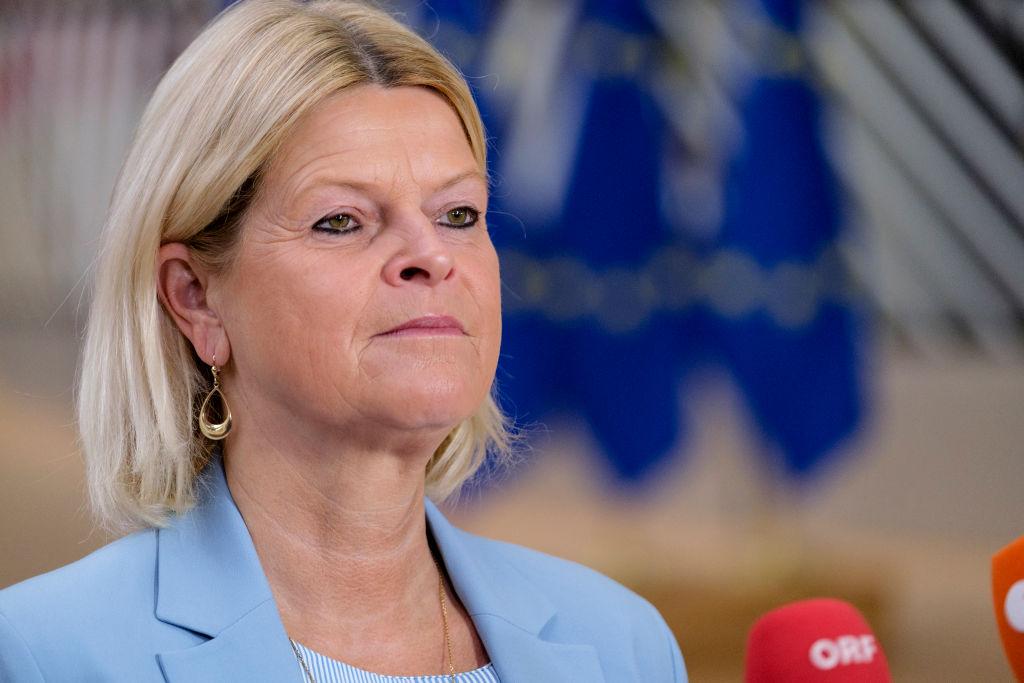The Austrian oil and gas company OMV has decided to shut down its network of hydrogen filling stations in the country due to high costs and low demand.
The four remaining locations there will cease operations between June 30 and September 30. A fifth filling station in Vienna has already been closed.
The decision reported on April 22 marked the end of 13 years’ worth of investments in hydrogen as a “greener” alternative to conventional petrol and diesel as well as electric vehicles.
OMV opened the first hydrogen filling station in Vienna in 2012, followed by further facilities in Upper Austria, Lower Austria, Styria and Tyrol by 2017.
For the roll-out, the Austrians had partnered German chemicals company Linde, a global leader in hydrogen production and storage.
H2 Mobility, a company started by Linde, Daimler, OMV and other partners and now majority-owned by private equity outfit Clean H2 Infra Fund, has operated a network of more than 50 hydrogen filling stations across Germany.
The decision to shut down the Austrian stations came due to high costs and an almost complete lack of demand according to media reports.
As of April 2025, there were only 62 hydrogen-powered vehicles registered in the entire country.
Only 5 of these were privately owned with the rest being company vehicles. For the owners of these cars the closure of the filling stations was bad news as there were no other suppliers and their vehicles can not use petrol or diesel.
Brussels Signal asked OMV – which is partially State-owned – how much had been invested into the filling station network but had not received a reply at the time of writing.
In 2015, at the opening of the hydrogen filling station in Innsbruck, Tyrol, OMV had still described hydrogen as a “key technology of the future”.
Manager Alois Wach had called the fuel “nearly limitlessly available and low in emissions” – referring to the idea to use electricity produced by solar and wind power to generate hydrogen, which could then be used to power vehicles.
Despite those ambitions, this process is still inefficient and expensive. In 2023, a study by consultancy BCG showed that the costs of “green hydrogen” were more than twice as high as previously envisioned.
Hydrogen cars also relatively equally expensive: The Hyundai Nexo, a hydrogen fuel-cell powered car made by South Korean company Hyundai, cost almost €70,000 when it was first introduced in Germany in 2018.





